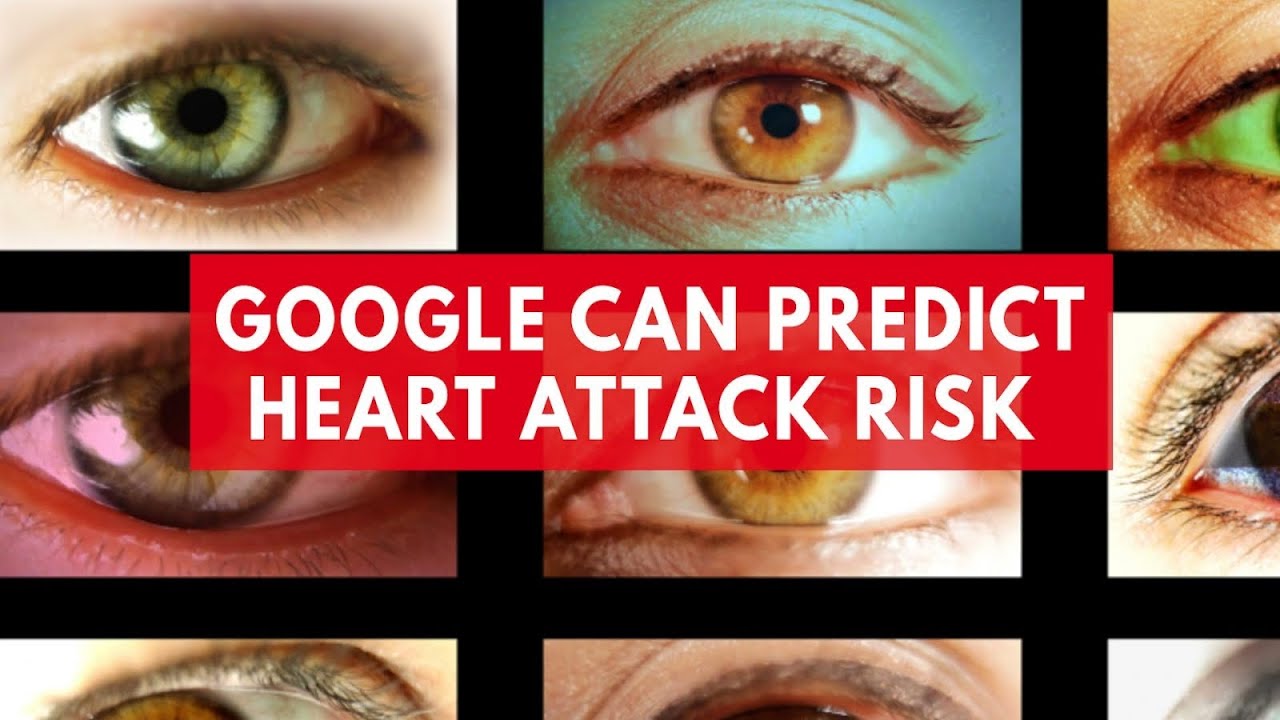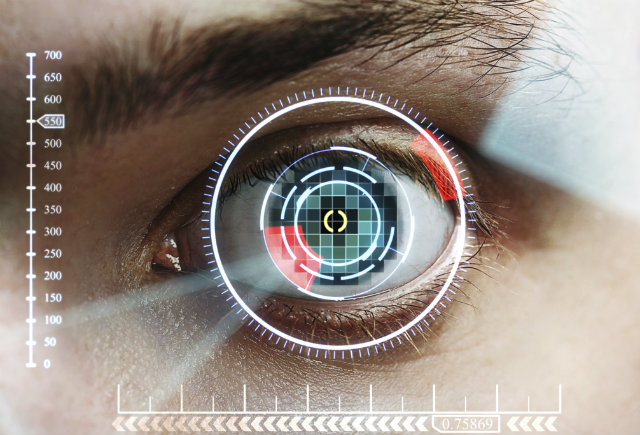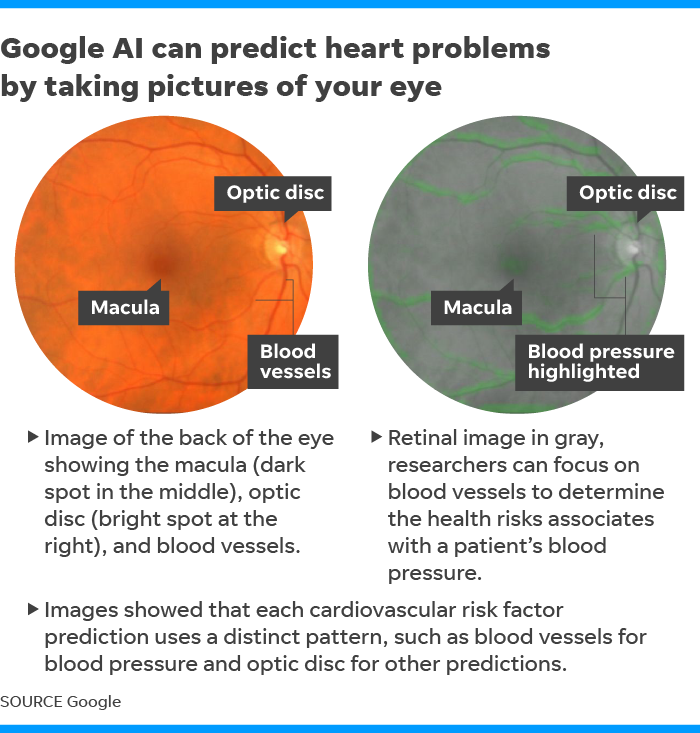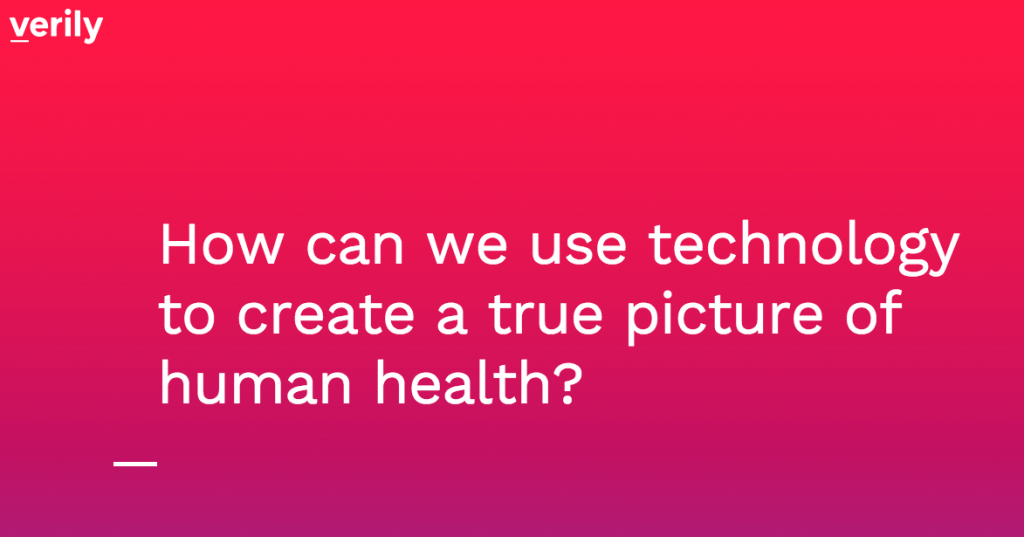Google AI Predicts Heart Attacks Just by Looking at Eyes!
Yes! You read that correctly, Scientists from Google have developed a new Artificial Intelligence (AI) algorithm that can determine a person’s risk of heart attacks through their retinal scan.Researchers from Google and its medical organization Verily conducted tests on several patients and found a way to make this into reality.

Do you have similar website/ Product?
Show in this page just for only
$2 (for a month)

0/60
0/180
Google AI Predicts Heart Attacks Just by Looking at Eyes!




Yes! You read that correctly, Scientists from Google have developed a new Artificial Intelligence (AI) algorithm that can determine a person?s risk of heart attacks through their retinal scan.

Researchers from Google and its medical organization Verily conducted tests on several patients and found a way to make this into reality. By analyzing scans of the back of a patient?s eye, the company?s software is able to accurately deduce data, including an individual?s age, blood pressure, and whether or not they smoke. This can then be used to predict their risk of suffering a major cardiac event ,such as a heart attack ? with roughly the same accuracy as current leading methods.
?AI offers us the potential for new, less invasive tests for heart health ? predicting cardiovascular results from retinal images with computer vision ? encouraging early results!,? Google CEO Sundar Pichai said last week.

The algorithm potentially makes it quicker and easier for doctors to analyze a patient?s cardiovascular risk, as it doesn?t require a blood test.
But, the method will need to be tested more thoroughly before it can be used in a clinical setting.
How does it work?
To train the algorithm, Google and Verilys scientists used machine learning to analyze a medical dataset of nearly 300,000 patients. This information included eye scans as well as general medical data. As with all deep learning analysis, neural networks were then used to mine this information for patterns, learning to associate telltale signs in the eye scans with the metrics needed to predict cardiovascular risk (e.g., age and blood pressure).
The study, published in the journal Nature Biomedical Engineering, showed that deep learning applied to a retinal fundus image, a photograph that includes the blood vessels of the eye, can predict risk factors for heart diseases, from blood pressure to smoking status.

?The algorithm that the researchers produced can even help predict the occurrence of a future major cardiovascular event?, said Michael McConnell, Head of Cardiovascular Health Innovations at Verily.
The researchers made these determinations by examining images of the patient?s retina.
Google?s technique generated a ?heat map,? or graphical representation of data that revealed which pixels in an image were the most important for predicting a specific risk factor. For example, Google?s algorithm paid more attention to blood vessels for making predictions about blood pressure.
"Pattern recognition and making use of images is one of the best areas for AI right now, It will help us understand these processes and diagnoses in ways that we haven't been able to do before, and this is going to come from photographs and sensors and a whole range of devices that will help us essentially improve the physical examination and I think more precisely hone our understanding of disease and individuals and pair it with treatments", says Harlan M. Krumholz, a professor of medicine (cardiology) and director of Yale's Center for Outcomes Research and Evaluation, who considers the research a proof of concept.
Google presented its findings in Nature Biomedical Engineering, an online medical journal. Google said that such a method is as accurate as predicting cardiovascular disease through more invasive measures that involve sticking a needle in a patient?s arm.
How accurate is it?
According to the company, medical researchers have previously shown some correlation between retinal vessels and the risk of a major cardiovascular episode. Using the retinal image, Google says it was able to quantify this association and 70% of the time accurately predicts which patient within five years would experience a heart attack or other major cardiovascular event, and which patient would not. Those results were in line with testing methods that require blood be drawn to measure a patient?s cholesterol.

Google used models based on data from 284,335 patients and validated on two independent data sets of 12,026 and 999 patients.
?The caveat to this is that it?s early, (and) we trained this on a small data set, we think that the accuracy of this prediction will go up a little bit more as we kind of get more comprehensive data. Discovering that we could do this is a good first step. But we need to validate.? says Google?s Lily Peng, a doctor and lead researcher on the project.
CONTINUE READING
Technology
Health
Artificial Intelligence
International
Infromative
Sandeep Semwal
Content Writer
